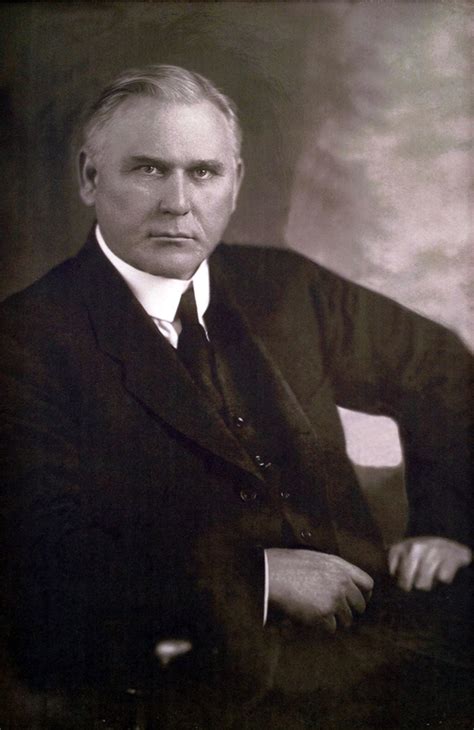A Quote by Johann Wolfgang von Goethe
Toleration ought in reality to be merely a transitory mood. It must lead to recognition. To tolerate is to affront.
Quote Topics
Related Quotes
Our contention is not for mere toleration, but for absolute liberty. There is a wide difference between toleration and liberty. Toleration implies that somebody falsely claims the right to tolerate. Toleration is a concession, while liberty is a right. Toleration is a matter of expediency, while liberty is a matter of principle.
Solidarity is not a matter of altruism. Solidarity comes from the inability to tolerate the affront to our own integrity of passive or active collaboration in the oppression of others, and from the deep recognition of our most expansive self-interest. From the recognition that, like it or not, our liberation is bound up with that of every other being on the planet, and that politically, spiritually, in our heart of hearts we know anything else is unaffordable.
The lessons of religious toleration - a toleration which recognizes complete liberty of human thought, liberty of conscience - is one which, by precept and example, must be inculcated in the hearts and minds of all Americans if the institutions of our democracy are to be maintained and perpetuated. We must recognize the fundamental rights of man. There can be no true national life in our democracy unless we give unqualified recognition to freedom of religious worship and freedom of education.
A letter is paradoxically the most revealing and the most deceptive of confessional revelations. We all have our inconsistencies, prejudices, irrationalities which, although strongly felt at the time, may be transitory. A letter captures the mood of the moment. The transitory becomes immutably fixed, part of the evidence for the prosecution or the defence.
My mood has changed now. And the sun has gone behind the clouds. I'm in this mood I feel occasionally... this mood where there's a very good friend nearby who I should be phoning. If only I could reach that friend and talk, then everything would be just fine. The dilemma is, of course, I just don't know who that friend is. But in my heart I know my mood is merely me feeling disconnected from my true inner self.




































